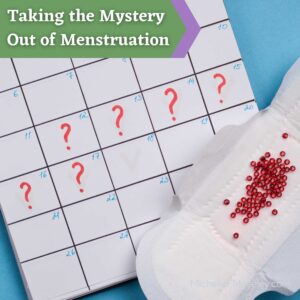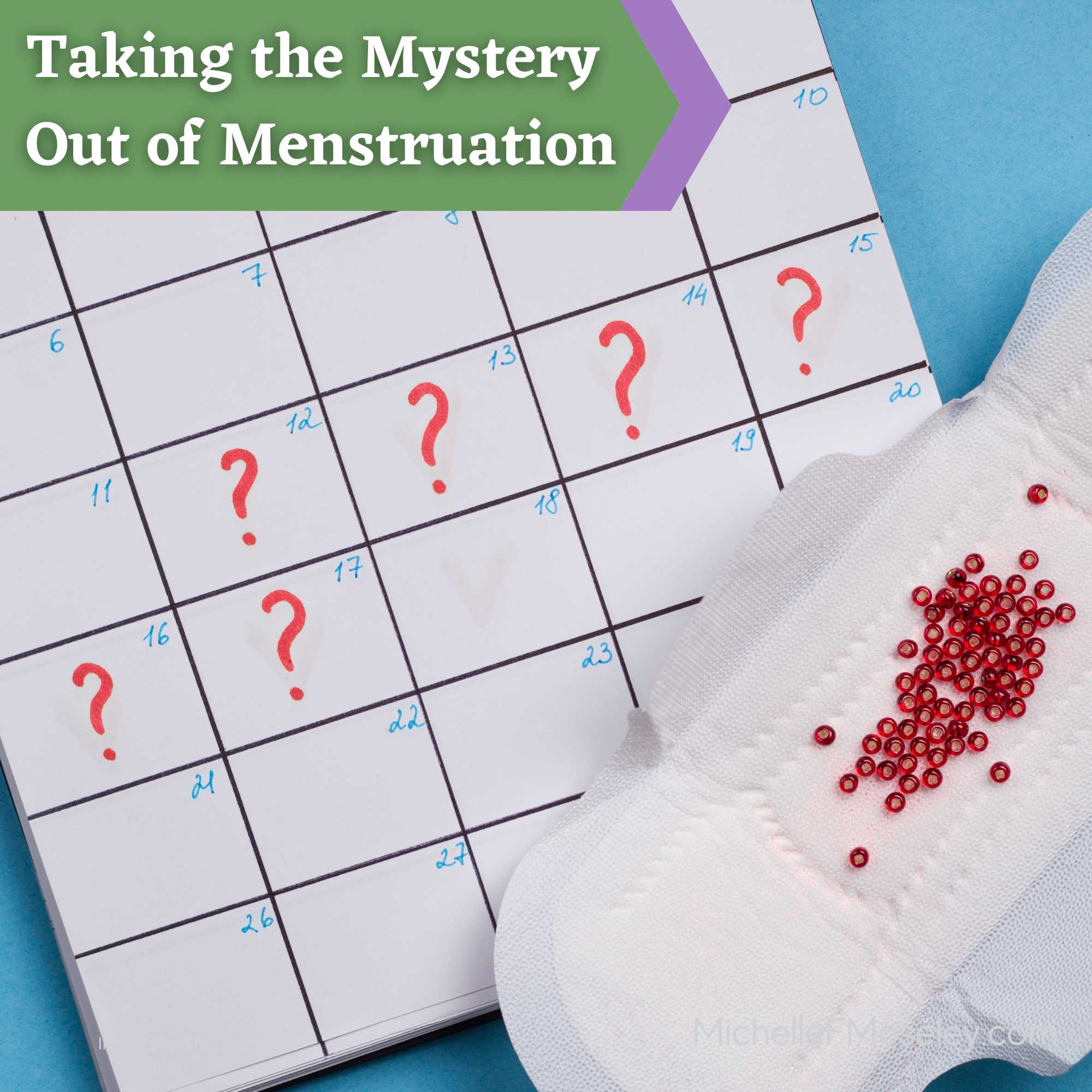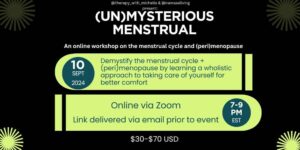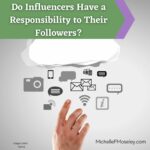Periods. Aunt Flo. Riding the crimson tide. On the rag. Time of the month.
No matter what you call it, menstruation affects us all. Menstrual cycles directly impact approximately half the population for a significant portion of their lifetime. The biology of menstruation allows people to be born, which was a significant event for anyone reading this blog post. I’d venture to say that all of us are somehow connected to the web of mysteries that can surround menstruation.

Many people with uteruses didn’t receive much education about how their reproductive system works or what to expect. They may have been told something along the lines of “You’re going to start bleeding once a month for the next 30-40 years. Here are some options to deal with that.”
And depending on when this experience began, the options may have been quite limited. In rural NC in the 1990s, there were diaper-esque pads that didn’t do a great job of staying in place or containing things. Thankfully, there are many more options available today – menstrual cups, period underwear, thinner pads that are more absorbent, tampons, etc.
We also have to consider the experience of hormonal shifts and physical pain that can accompany menstruation. For some, the pain is so unbearable that they miss days of school, work, or general life each month. Others push through while feeling completely run down and exhausted.
What Next?
And just when you think you’ve got the period thing at least somewhat figured out, the symptoms change!
Suddenly, you may be experiencing heavier menstruation than you’ve ever had before. Your body aches. You notice changes in your strength and ability to lift things throughout the month. You feel irritable with no real cause. There are days where it’s like your brain is in a fog. Your sleep is not restful, and you’re noticing itching in the oddest places (your ears, anyone?)
This is perimenopause – the period of time before menopause (the one day event that marks not having a menstrual cycle for a period of 12 months) – and it can last 15-20 years. Perimenopause can start as early as 30 and is just another way that those hormonal shifts impact our lives.
Figuring It Out
Many of the folks I work with happen to be individuals who have uteruses and are within the age range to start experiencing these perimenopausal symptoms. I often find myself supporting folks in figuring out how to address the symptoms and understand their ever-changing body.
Until the last few decades, most medical research did not include women or reproductive systems that include a uterus and ovaries because “it’s too complicated” and “the hormonal shifts make it unpredictable.” Yet, we have to live with these “complicated” and “unpredictable” systems at work inside our bodies.
Here are a few of the things I and some of my clients have found helpful:
- Normalizing the Experience. There is power (and sometimes a sense of peace) in knowing you’re not the only one dealing with an experience. Talking openly with a trusted person about the changes one notices throughout life can relieve some of the burden. Whether it’s your general practitioner, OB/GYN, therapist, or a trusted friend, being open about what you’re noticing can help you feel less isolated.
- Tracking Symptoms. Sometimes it can be helpful to make note of symptoms over the course of several cycles. Using a calendar with large spaces for each day or a notebook, you can make note of what you notice each day – mood, sleep, physical discomfort – as well as track when you are menstruating and the heaviness of your flow. This can give you some good insight into your own experience, and also be helpful if you choose to seek support from a medical provider or therapist.
- Getting More Information. Sometimes learning more about a topic can help us navigate our own experience. A few resources I recommend are the Instagram account of Dr. Mary Claire Haver and the book What Fresh Hell Is This? by Heather Corinna.
An Opportunity for You
If you’re looking for something a bit more hands-on, but not quite ready to commit to an ongoing treatment plan with a physician or therapist, (Un)Mysterious Menstrual may be just the thing for you.
I am excited to partner with my friend Coléa (they/them), an Ayurvedic Counselor who promotes liberation and wellness from a holistic lens, to offer a 2-hour virtual workshop designed to help de-mystify the experience of menstruation and (peri)menopause.
(Un)Mysterious Menstrual will be offered online on Tuesday, September 10, 2024 from 7-9pm ET. This workshop is open to anyone with an internet connection who either has a uterus or cares about someone who has a uterus (including mental health professionals who work with folks experiencing menstruation and (peri)menopause). Attendees will be provided with information from both a mental health perspective and an Ayurvedic perspective.
Head on over to this link to learn more and reserve your spot. Both Coléa and I are excited to help take some of the mystery out of menstruation with you.
Michelle F. Moseley is a Licensed Mental Health Counselor in NC. She believes ALL people deserve respect, compassion, and access to mental and physical healthcare. Michelle specializes in working with survivors of religious trauma and with those who have body image concerns, finding there is frequent overlap in these areas. You can learn more about Michelle by visiting her website at MichelleFMoseley.com or following her on Instagram – @therapy_with_michelle
Sign-up for Michelle’s Monthly Email Newsletter to make sure you never miss a blog post



